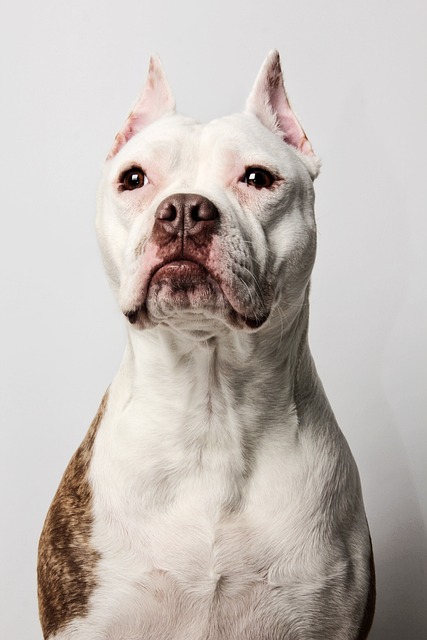Introduction
Dogs have a unique way of expressing affection, often through slobbery kisses. While this behavior is typically a sign of love, there are various underlying reasons for it. Understanding why dogs lick can shed light on their motivations and help owners navigate this endearing, yet sometimes problematic, canine behavior.
Why Dogs Lick People
While the exact reasons behind dog licking aren’t fully understood, there are several common motivations:
1. Affection
- Dogs often lick as a way to express their affection, akin to giving kisses. This behavior is rooted in the grooming and affection they receive from their mothers as puppies. Areas like the face, hands, arms, legs, and feet are common targets.
2. Seeking Attention
- Licking can also be a means for dogs to grab their owner’s attention. Initially an act of affection, it’s reinforced by positive reactions from the owner, such as laughter or petting.
3. Instinct
- Some dogs may be following an instinctual behavior inherited from their wild counterparts. In the wild, wolf pups lick around the adults’ mouths to stimulate regurgitation for feeding. This behavior may be ingrained in a dog’s DNA.
4. Taste
- Dogs might also be curious about how their owner tastes. Licking is a way for them to explore their environment, and you are a part of that world.
When Licking Becomes a Problem
While licking is typically harmless, it can indicate an issue in rare cases:
1. Compulsive Behavior
- Dogs may engage in excessive licking due to obsessive-compulsive disorder, often linked to prolonged stress and anxiety. If this behavior is constant and extends beyond humans to objects and surfaces, it may be a cause for concern.
- Owners should consult a veterinarian who may recommend an animal behaviorist or prescribe medication alongside training and behavior modification.
Is It Safe for Dogs to Lick You?
Allowing your dog to lick you is generally safe, but it’s important to debunk the myth that dogs’ mouths are cleaner than humans’. While their mouths contain natural bacteria, it’s unlikely to cause harm unless it enters an open wound.
How to Discourage Problem Licking
Managing unwanted licking involves redirecting attention:
- Disengage:
- Stop touching or looking at your dog.
- Turn your head away.
- Walk away if necessary.
- Reward Desired Behavior:
- Once the licking stops, offer attention, affection, or treats.
- In time, your dog will learn that licking is not the desired behavior.
Proactive Measures:
Prevent licking by engaging your dog in alternative activities like exercise, playtime with toys, or teaching them new tricks.
Conclusion
Understanding the motivations behind dog kisses allows owners to navigate this affectionate behavior more effectively. While it’s usually an expression of love, being aware of the potential underlying reasons and knowing when to seek professional advice can contribute to a harmonious relationship between you and your furry friend.



